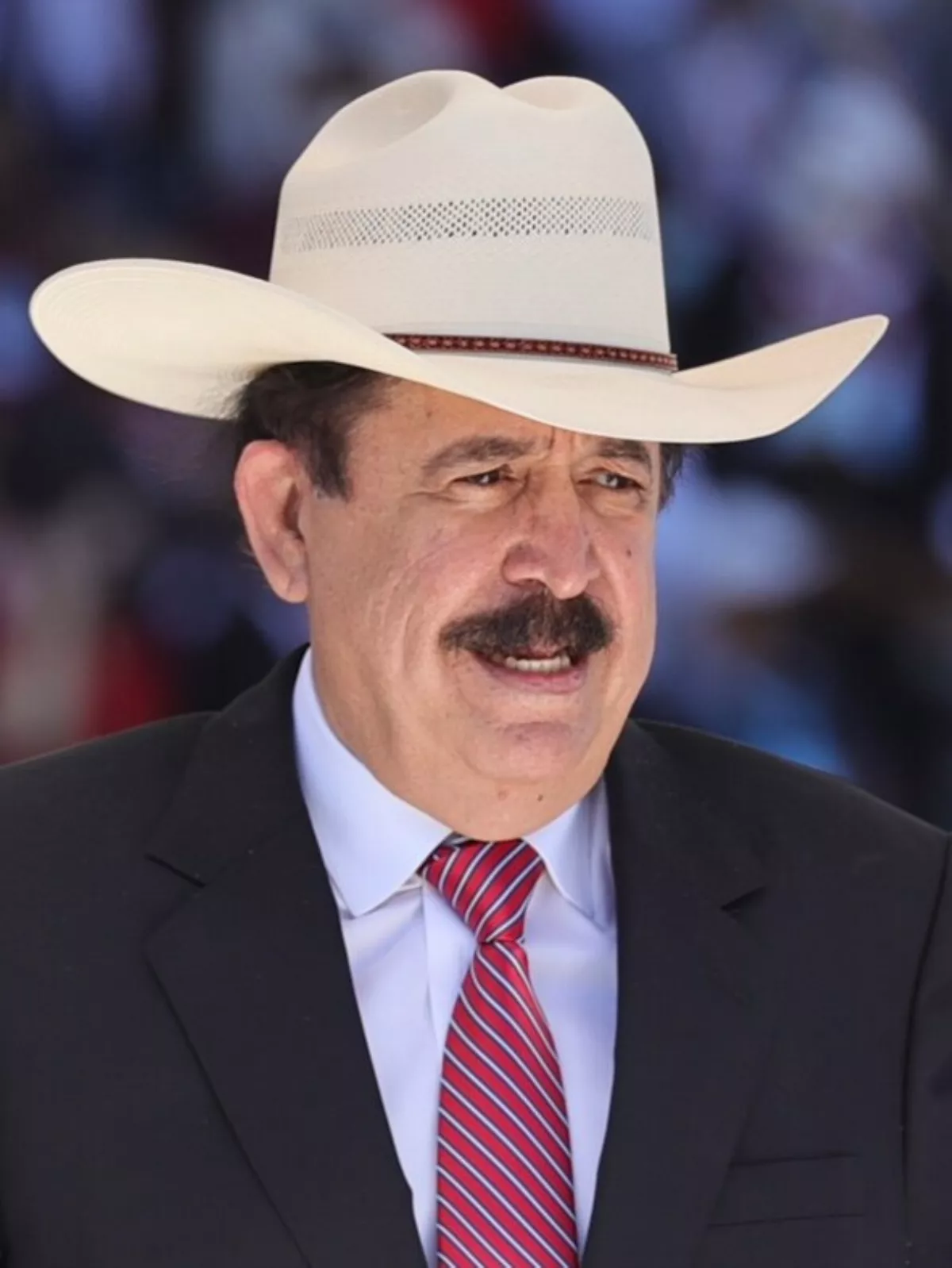 1.
1. Jose Manuel Zelaya Rosales was born on 20 September 1952 and is a Honduran politician who served as the 35th president of Honduras from 2006 until his forcible removal in the 2009 coup d'etat; since January 2022, he has served as the inaugural first gentleman of Honduras.